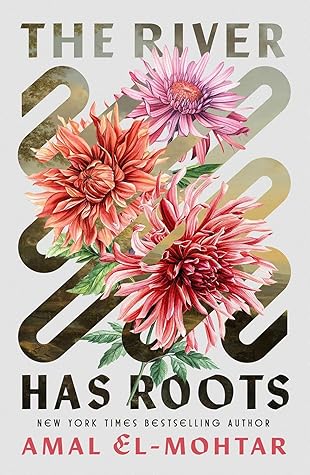More on this book
Community
Kindle Notes & Highlights
What is magic but a change in the world? What is conjugation but a transformation, one thing into another? She runs; she ran; she will run again.
The River Liss runs north to south, and its waters brim with grammar. From its secret sources in Arcadia it rushes, conjugating as it flows into the lands we think we know.
the sweep of their twisted crowns, reminds you of something, or someone, you’ve lost—something, or someone, you would break the world to have again. Something, you might think, happened here, long, long ago; something, you might think, is on the cusp of happening again. But that is the nature of grammar—it is always tense, like an instrument, aching for release, longing to transform present into past into future, is into was into will.
There are a great many songs written about sisters, and a great many stories, too, and most often they turn on jealousy, on pettiness, on spite. Just as often as there are cruel stepmothers in ballads there are older sisters jealous of the younger, coveting their looks, their lands, their lovers.
I can think of no other craft that is so nobly cross-eyed as yours, with one eye gazing into the past, and another into the future.”
“I’m sorry. I want to be with you. But I was an elder sister before I was a wife, and for longer, and that’s a shape I can’t easily shake.”
Most music is the result of some intimacy with an instrument. One wraps one’s mouth around a whistle and pours one’s breath into it; one all but lays one’s cheek against a violin; and skin to skin is holy drummer’s kiss. But a harp is played most like a lover: you learn to lean its body against your breast, find those places of deepest, stiffest tension with your hands and finger them into quivering release. You rock together, forward and back; your left hand keeps a base rhythm while your right weaves a melody through it, and they flutter past each other as the music becomes more complex,
...more


